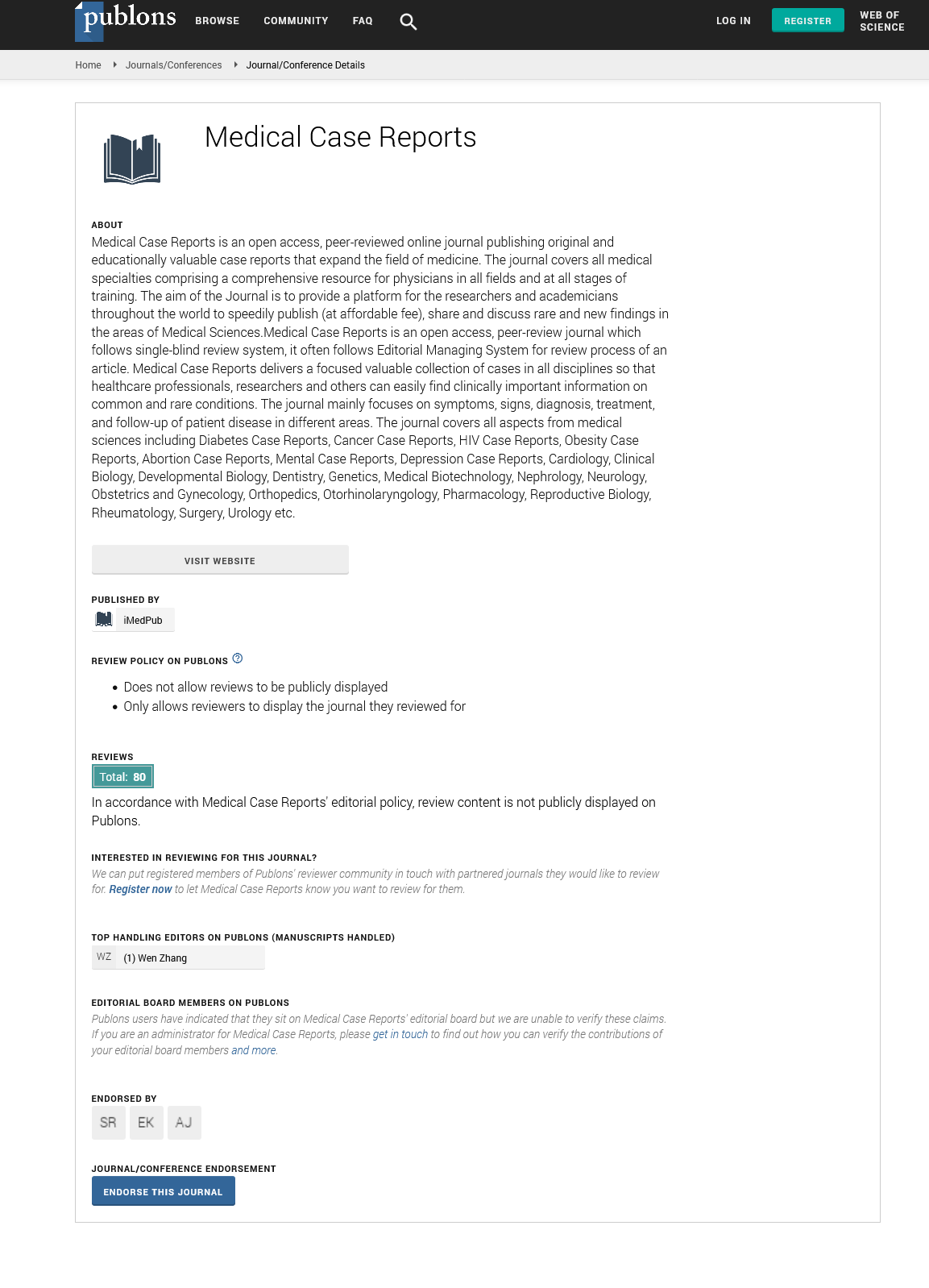Abstract
Epiphora: Successful Response to Systemic Steroids vs Topical Steroids
Purpose: Topical steroids are considered to be the first line of treatment for some forms of idiopathic punctal stenosis causing epiphora. We present a case of epiphora, which was unresponsive to the traditional management, but responded to one week of systemic steroids.
Observations: 48 year old male with no significant past medical history was referred for excessive tearing. Earlier, an ophthalmologist had prescribed Pataday and Zylet eye drops for both eyes after the patient complained about eye redness unilaterally. After a week without much improvement, Alrex and Azasite eye drops replaced them. Eye redness disappeared within a week, the patient then complained of excessive tearing. He was referred to a reconstructive ophthalmologist for treatment of possible punctal stenosis. On examination, the height of tear meniscus was increased, and diagnostic lacrimal probing of the lacrimal drainage system demonstrated both lacrimal drainage systems patent. Punctal stenosis was diagnosed. Over the next few weeks, patient underwent multiple syringing of the lacrimal duct system with temporary relief of symptoms. Tobradex was also prescribed for a month. Eye drops helped for the duration of treatment, but symptoms returned within a few days of discontinuation. However, intra ocular pressure began rising with Tobradex eye drops, so they were discontinued immediately. After three months of treatment and continuation of debilitating symptoms of epiphora, patient considered surgical intervention and consulted an ENT for second opinion. The ENT surgeon suggested Medrol Pack (Prednisolone) for a week as the patient had responded to the topical steroids, which increased his intra-ocular pressure. After four days of treatment, patient’s symptoms disappeared. By the seventh day, his eyes were back to normal with complete disappearance of epiphora symptoms.
Conclusions and Importance: Systemic steroids can be beneficial in patients suffering from idiopathic/iatrogenic punctal stenosis unresponsive to topical steroids and conventional treatments.
Author(s):
Ali Arif* and Humara Gull
Abstract | Full-Text | PDF
Share this

Google scholar citation report
Citations : 241
Medical Case Reports received 241 citations as per google scholar report
Medical Case Reports peer review process verified at publons
Abstracted/Indexed in
- Google Scholar
- China National Knowledge Infrastructure (CNKI)
- Cosmos IF
- Directory of Research Journal Indexing (DRJI)
- WorldCat
- Publons
- Secret Search Engine Labs
- Euro Pub
Open Access Journals
- Aquaculture & Veterinary Science
- Chemistry & Chemical Sciences
- Clinical Sciences
- Engineering
- General Science
- Genetics & Molecular Biology
- Health Care & Nursing
- Immunology & Microbiology
- Materials Science
- Mathematics & Physics
- Medical Sciences
- Neurology & Psychiatry
- Oncology & Cancer Science
- Pharmaceutical Sciences


